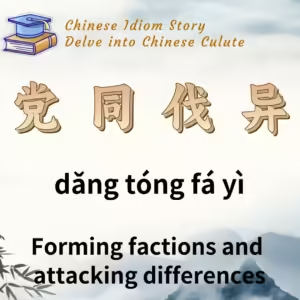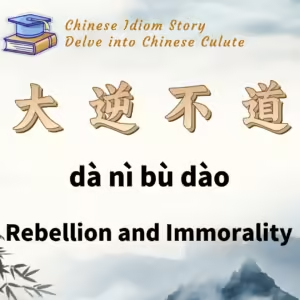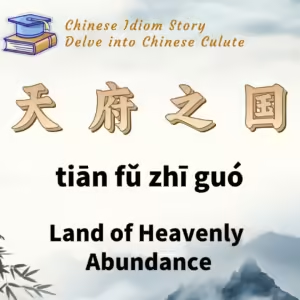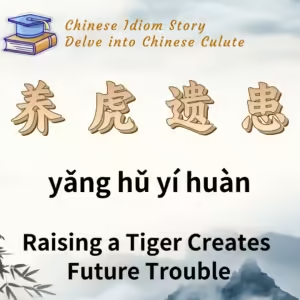
Chinese Idiom: 党同伐异 (Dang Tong Fa Yi)
English Translation: Forming factions and attacking differences
pīn yīn: dǎng tóng fá yì
Idiom Meaning: This idiom refers to the behavior of supporting those with similar opinions while attacking and criticizing those with differing views. It emphasizes factionalism and bias against dissent.
Historical Source: From the Book of the Later Han (《后汉书 ·党锢传序》).
Idiom Story:
After the fall of the Chu-Han contention and the establishment of the Han dynasty by Liu Bang, there was a period of restoration and growth in the socio-economic and cultural aspects of society. By the time of Emperor Wu, in order to solidify the ruling class’s authority, he adopted the suggestion of Confucian scholar Dong Zhongshu to “dismiss the hundred schools and exclusively honor Confucianism.” This decree mandated that only those well-versed in Confucian doctrines could hold official positions. Consequently, Confucian thought became the orthodoxy supporting feudal governance.
When Emperor Xuan, Liu Xun, ascended the throne, he personally selected renowned Confucian scholar Xiao Wangzhi to teach the Crown Prince. This further solidified the popularity of Confucian teachings, with the nation focused on studying the “Five Classics” (including Book of Songs, Book of Documents, Book of Rites, I Ching, and Spring and Autumn Annals). However, due to differing interpretations of the classics among scholars, Emperor Xuan decided to convene a meeting at the royal library, Shiqi Pavilion, to discuss the Five Classics.
During this meeting, scholars began to view those who shared their opinions as part of their faction, while anyone with differing views was blindly criticized and attacked, regardless of the truth of their arguments. This factionalism and bias were noted by the author Fan Ye and others in the Book of the Later Han, who termed this phenomenon “党同伐异.”
As a result, the phrase evolved to describe the behavior of showing favoritism to one’s own faction while attacking those who differ, becoming a cautionary tale against partisanship and intolerance in discourse.






